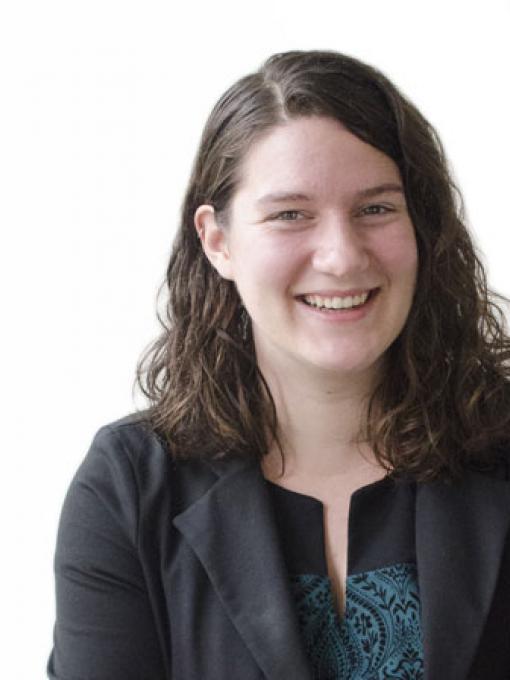The Friends Committee on National Legislation’s statement for the record, pertaining to the Senate Judiciary Committee hearing, Oversight of the Administration’s Decision to End Deferred Action for Childhood Arrivals
With the imminent end of the Deferred Action for Childhood Arrivals (DACA) program, the Friends Committee on National Legislation (FCNL) urges Congress to work swiftly to enact protections for Dreamers that includes a work-able path to citizenship. We urge all members of Congress to support S. 1615, the bipartisan Dream Act of 2017. Congress can and must pursue solutions for all people who contribute to our communities.
The Dream Act is the only bipartisan, bicameral piece of legislation that would offer a reasonable, work-able, and long past-due opportunity for Dreamers to pursue citizenship. As demonstrated by DACA recipients, immigrants - including those who are undocumented - have consistently been essential to the economic and social strength of this nation. Young people who have grown up in the U.S., know only this country as home, and are already part of the fabric of our society should have the opportunity to work and pursue their dreams.
The Dream Act of 2017 (S. 1615) would allow members of our community who have been in the U.S. for at least four years, and arrived as minors to work towards citizenship through continuing to work, study, or by joining the military. Eligible individuals would enter an 8-year conditional permanent residency period, then moving on to lawful permanent residency, and finally qualify for citizenship. We believe that the strongest communities are built and best lessons are learned when each person is given a genuine chance to thrive. Under the Dream Act, the lives of millions of Dreamers and their U.S. citizen children and spouses would be transformed. Attainable citizenship will stabilize families, communities, and local economies and open up individual opportunities previously inaccessible to Dreamers.
FCNL has concerns that legislation recently introduced by Senators Tillis (NC), Lankford (OK), and Hatch (UT) would be overly restrictive to Dreamers in need. FCNL opposes the bill’s harsh requirement that individuals sign away their rights to other forms of immigration relief should they unintentionally fall out of step procedurally with the complex requirements of a 15-year process. All individuals navigating the immigration system deserve to have their case reviewed by an immigration judge prior to deportation, yet the current use of “expedited removal” violates that fundamental right to due process. FCNL opposes that certain individuals would be newly subject to expedited removal under this bill. Furthermore, in order to qualify for a second, mandatory period of conditional permanent residence, individuals would not be able to access certain public benefits. Dreamers eligible for the Tillis-Lankford-Hatch bill are all under 35, and access to benefits such as the Earned Income Tax Credit (EITC) may be essential for putting food on the table, or paying the heat bill. We reject the assertion that accessing public benefits, especially those available to other immigrants and young adults, should make Dreamers ineligible for citizenship in the country in which they live, study, and work.
Congress must enact a permanent solution before the lives of DACA recipients and the communities to which they belong are further destabilized. All of us have ‘that of God’ within us and deserve a real chance to pursue our dreams, and shine our Light in the world. We write to express our affirmation for the young people that are protected from deportation under DACA, and urge members of Congress to act swiftly to pass the Dream Act of 2017 – the congressional solution that our communities need.
The Friends Committee on National Legislation is the oldest registered religious lobby in the United States. Founded in 1943 and governed by Quakers, FCNL works with a nationwide network of tens of thousands of people from every state in the U.S. to advocate for social and economic justice, peace, and good government. **
